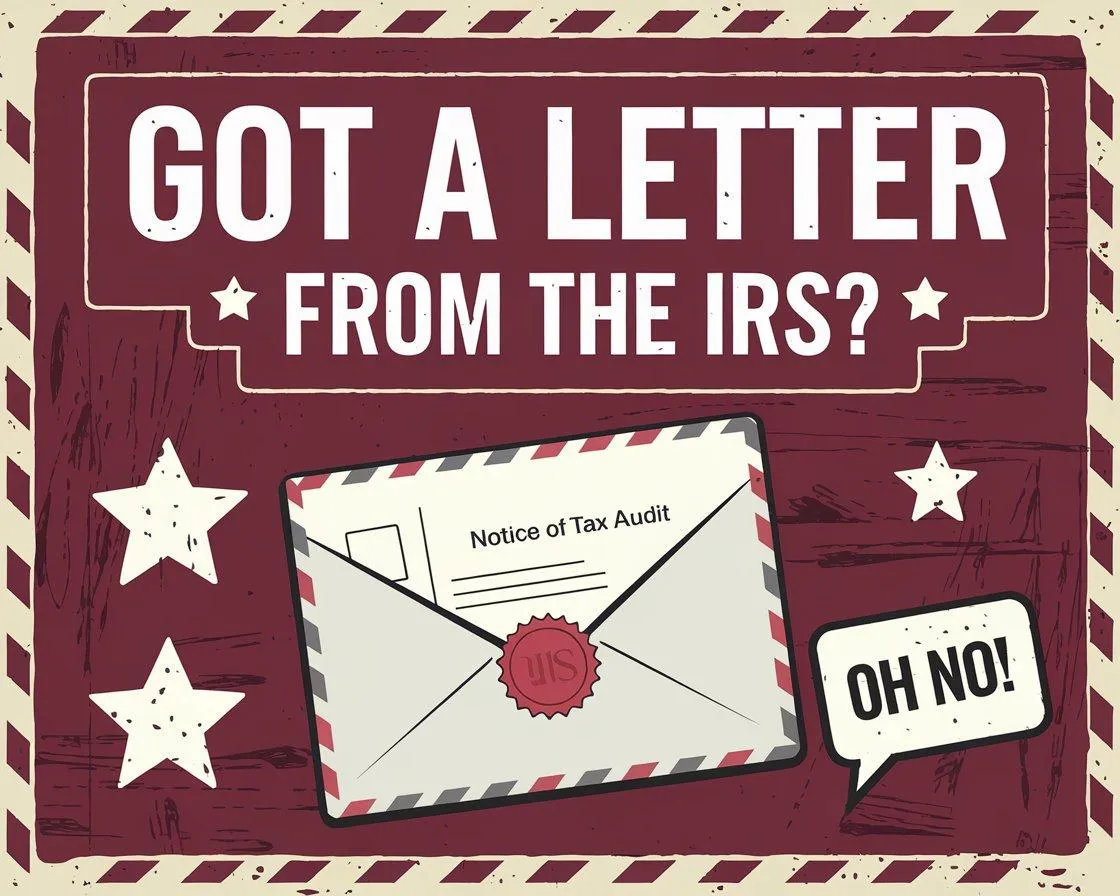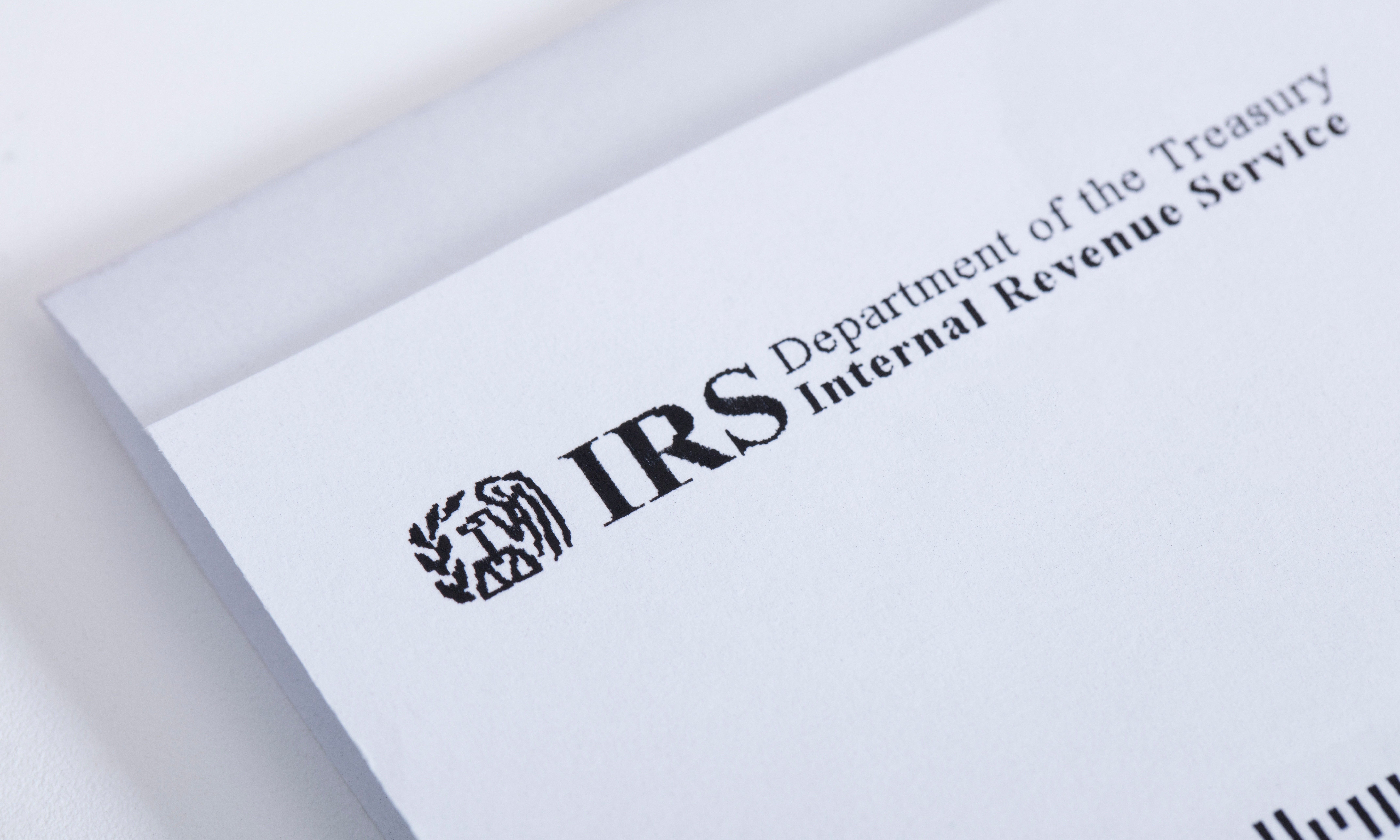
8 Things to Know About an IRS Notice
Let’s be real—nobody likes getting mail from the IRS. Whether it’s a notice, letter, or reminder, it can send your stress levels through the roof. But don’t panic! An IRS notice isn’t always bad news. In fact, sometimes it’s just informational.
At Consult With Erika, we believe that financial education for entrepreneurs includes knowing how to handle the unexpected—like IRS letters—without losing your cool. So let’s talk about what those notices mean, why you might receive one, and how tax planning can help you avoid trouble before it starts.

1. IRS Notices Are More Common Than You Think
The IRS sends millions of letters every year for a variety of reasons. Some are about refund adjustments, others relate to missing documentation, and some might even inform you about money you're owed. Don’t assume the worst.
2. Always Read the Entire Letter
It may sound simple, but you’d be surprised how many people toss the envelope without reading the details. The notice will typically include:
The reason for the letter
Any action you need to take
A deadline
Contact information for questions
If you’re not sure what the letter means, connect with someone who provides business financial consulting services to walk you through it.
3. Don’t Ignore It—Respond by the Deadline
Even if you disagree with the notice, ignoring the IRS is the worst thing you can do. Timely communication can help you avoid penalties, interest, or more serious action. Whether it’s submitting a form, verifying information, or making a payment, stick to the response deadline.
4. It Could Affect Your Refund or Tax Bill
Some IRS letters notify you of changes to your tax return that impact the amount of your refund or taxes owed. If you're self-employed or run a small business, this could seriously affect your cash flow or planning. That’s why smart tax planning strategies matter all year—not just during filing season.
5. You Might Need to Provide More Information
IRS notices often request supporting documents like income verification, expense details, or identity confirmation. Keeping organized records—and working with a pro on tax planning for entrepreneurs—can help you respond faster and with confidence.
6. IRS Notices Are Different from Audits
Not all IRS letters mean you’re being audited. Many are routine, and an audit is a more in-depth process. But if you're unsure, don’t guess. That’s where having a consultant with expertise in IRS compliance support and credit repair and audit services becomes valuable.
7. Watch Out for Scams
The IRS will never initiate contact via email, text, or social media. If you receive a suspicious message, do not respond. Stick to verified IRS mail and trusted financial professionals when seeking help.
8. Tax Planning Can Help You Avoid Notices Altogether
The best defense is a good offense. With proper tax planning for small business owners, you can reduce errors, avoid late filings, and stay compliant—making those scary letters far less likely to show up in your mailbox.
Working with an expert who understands small business tax planning can save you time, money, and stress.
Final Thoughts
Getting a notice from the IRS doesn’t have to ruin your day. With the right information—and the right team behind you—you can handle it with confidence and clarity.
Need help understanding a notice or building a smart plan to avoid future issues? Book your free 15-minute strategy call now and get expert guidance for your business finances:
👉 https://calendly.com/consultwitherika/15-min-strategy-call

